
British rock icon John Lydon and fellow bandmates recall the years they spent performing as Public Image Ltd.
You May Also Like
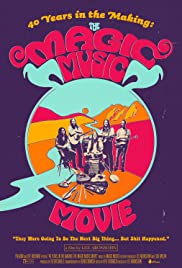
TV writer/producer Lee Aronsohn tracks down the scattered members of a beloved early 1970’s band with the hope that, 40 years after they broke up, he can get them to play one last show.
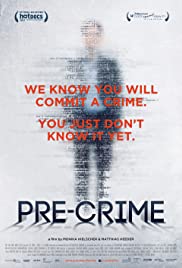
Science fiction has become a reality in our modern criminal justice system. A term originally coined by science fiction author Philip K. Dick, “pre-crime” is a policing technique now used in both the US and Europe to identify “hot people”—those most likely to be victims or perpetrators of a crime. Forecasting software and algorithms that have been criticized as inaccurate and arbitrary are used to collect information, and monitor and flag people. But predictive tools are only as good as the data they’re fed. With scant evidence of the reliability of the data sources or the accuracy of the data crunching, misfires are a guarantee. In this chilling and explosive in-depth examination into the modern age of policing, directors Monika Hielscher and Matthias Heider pose an important question: How much freedom and human awareness are we willing to give to the limited logic of technology?

The images comprise only of material Sergei Loznitsa found in the Moscow film archives about the siege of Leningrad during the World War II. By providing the originally silent images with a meticulously reconstructed soundtrack, the scenes from everyday life under siege seem to be set in the present. By not intervening in the montage but giving the scenes room to tell a story, the scenes transcend the specific historic events and lead a new life. They do not evoke memories of the past, but become a breathtaking reanimation of reality.
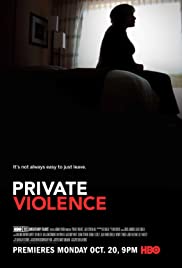
One in four women experience violence in their homes. Have you ever asked, “Why doesn’t she just leave?” Private Violence shatters the brutality of our logic and intimately reveals the stories of two women: Deanna Walters, who transforms from victim to survivor, and Kit Gruelle, who advocates for justice.

A documentary featuring interviews with teachers and officials on the profession of teaching.
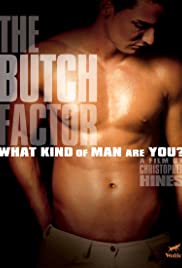
What does mean to be gay and be a man? There’s no straight answer for sure. From the Castro culture of the 1970s to today’s Bears and gym rats, this fascinating investigation of gay men and sexuality blows the lid off old stereotypes and showcases a battalion of interviewees including muscle men, rodeo riders, rugby players and cops. The men speak candidly on topics from homophobia to metrosexuality to embracing effeminacy as they reveal what it means to be a gay man in America today.

“White Boy Rick”, as he was called, was a novelty: A white teenager seemingly running a major inner-city drug operation. In May of 1987, 17-year-old Richard Wershe Jr. was charged with a non-violent, juvenile drug offense. By the time of his arrest he was already a Detroit legend, frequently making front-page headlines and leading the local television news. In this film, gangsters, hit men, journalists and federal agents struggle to explain why he remains in prison at nearly 50 years old. The possible explanation is more stunning than the crimes Wershe was alleged to have committed.

Feared as killers, sharks are the ocean’s most misunderstood creatures. This documentary tells their true story — and examines the dangers they face.
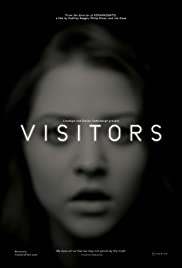
From the director of Koyaanisqatsi, an astonishing film that documents the drama of how we both live and witness what we experience. Shot in rich black and white Godfrey Reggio’s latest film finds the full spectrum of emotion in human faces, gorgeous landscapes and even the behaviour of an especially expressive gorilla.
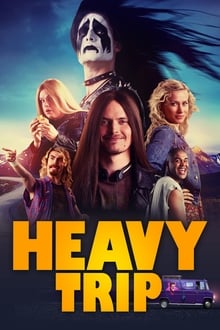
Turo is stuck in a small village and the best thing in his life is being the lead vocalist for the amateur metal band Impaled Rektum. He and his bandmates have practiced for 12 years without playing a single gig. The guys get a surprise visitor from Norway — the promoter for a huge heavy metal music festival — and decide it’s now or never. They steal a van, a corpse, and even a new drummer to make their dreams a reality.
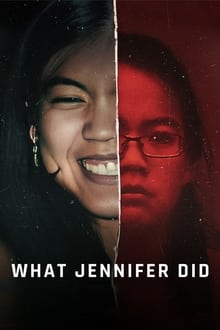
When Jennifer Pan calls 911 to report that her parents have been shot, she becomes the primary focus of a captivating criminal case.

Forty years ago, Wollongong’s Jobs for Women Campaign, with director Robynne Murphy among its leaders, took on Australia’s most powerful company BHP – and won. But when the 1980s steel slump devastated the city’s economy, the women were forced into the courtroom. Their struggle plays out against a background of societal changes: from anti-discrimination legislation, to the shifting roles of women in the home and workforce (particularly complex in Wollongong’s migrant, non-English speaking households). This fascinating account of the largely forgotten history of Australia’s Steel City was crafted over decades with support from local community volunteers and over 500 donors.